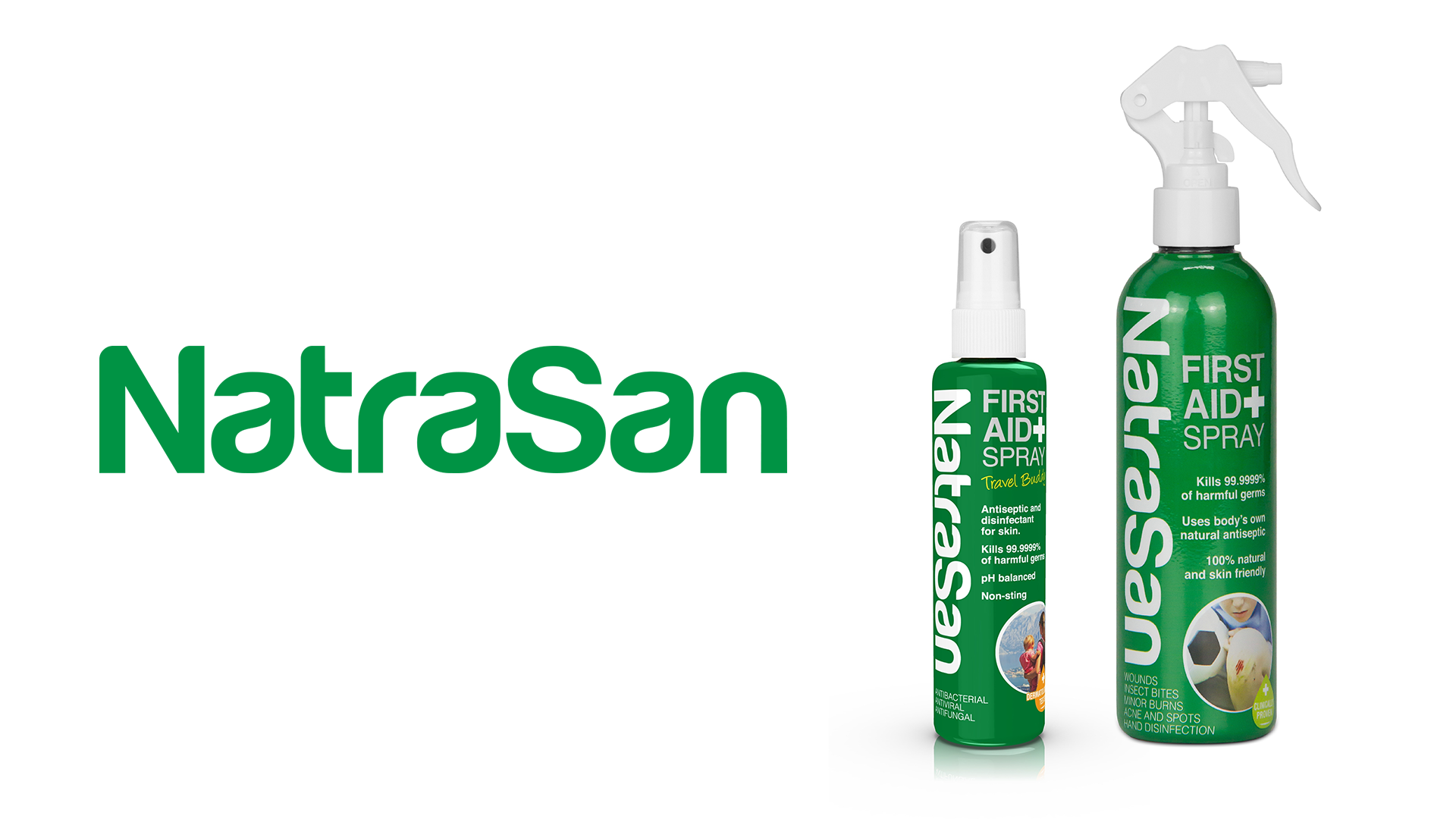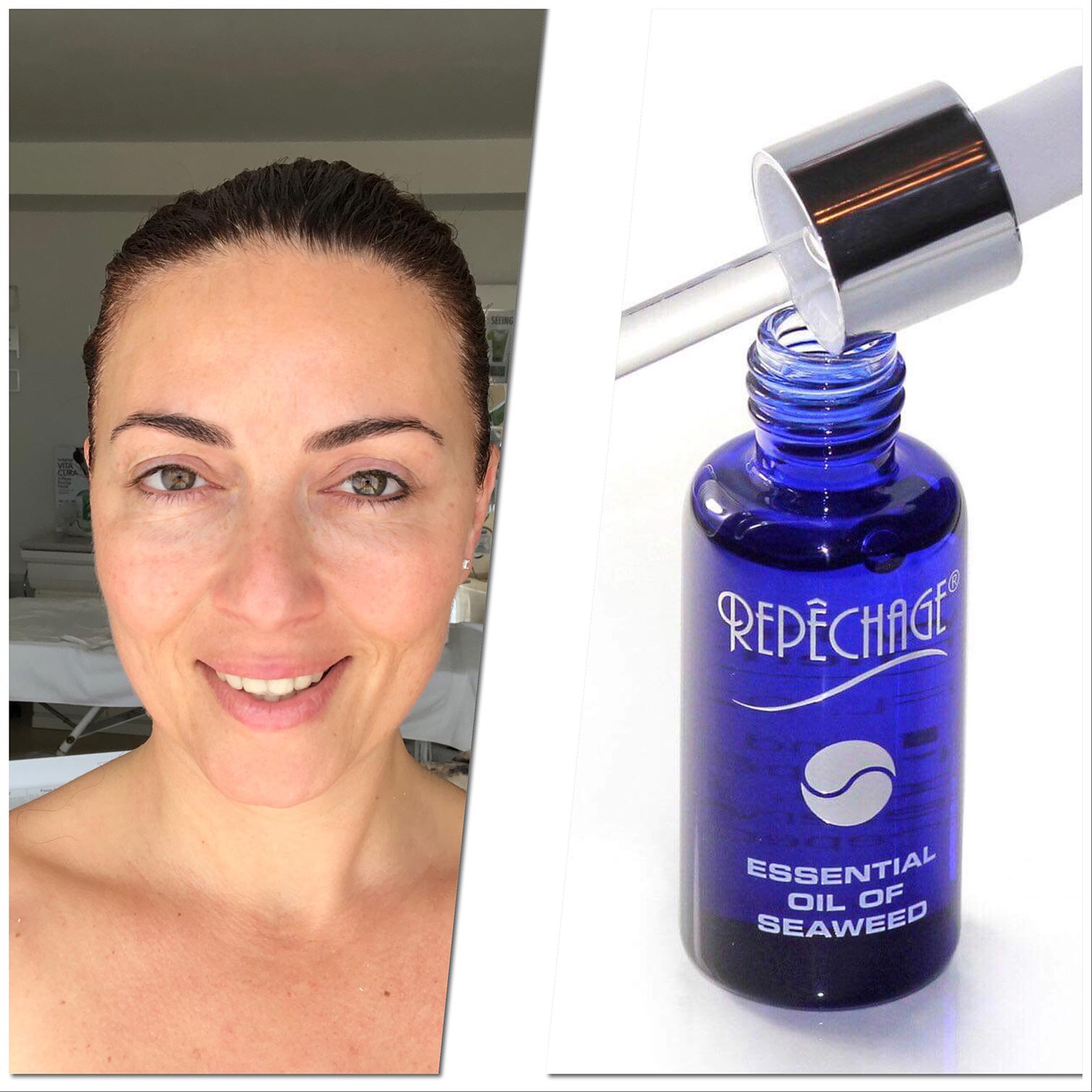Manuka honey is a type of honey native to New Zealand. It’s produced by bees that pollinate the flower Leptospermum scoparium, commonly known as the manuka bush. Manuka honey’s antibacterial properties are what set it apart from traditional honey. Methylglyoxal is its active ingredient. Additionally, manuka honey has antiviral, anti-inflammatory and antioxidant benefits. In fact, it has traditionally been used for wound healing, soothing sore throats, preventing tooth decay and improving digestive issues.
Top 8 Health Benefits of Manuka Honey
- Antioxidant PowerhouseStudies have shown that a daily dose of manuka honey raises levels of health-promoting antioxidants in the body. Antioxidants help block free radicals in the body that cause disease. It also boosts the immune system, acting as a preventative against any number of diseases.
- Aid Wound HealingHoney offers antibacterial and antioxidant properties, all while maintaining a moist wound environment and protective barrier, which prevents microbial infections in the wound. Multiple studies have shown that manuka honey can enhance wound healing, amplify the regeneration of tissue and even decrease pain in patients suffering from burns
- Promote Oral HealthTo avoid tooth decay and keep your gums healthy, it is important to minimize bad oral bacteria that can cause plaque formation. It’s also important not to totally wipe out the good oral bacteria that is responsible for keeping your mouth healthy. Studies have shown manuka honey attacks harmful oral bacteria associated with plaque formation, gum inflammation and tooth decay.
- Sooth Sore ThroatIf you are suffering from a sore throat, manuka honey may help provide some relief. Its antiviral and antibacterial properties can reduce inflammation and attack the bacteria that cause pain. Not only does manuka honey attack harmful bacteria, it also coats the inner lining of the throat for a soothing effect.
- Help Prevent Gastric UlcersStomach ulcers are one of the most common illnesses affecting humans. They are sores that form on the lining of the stomach, causing stomach pain, nausea and bloating. H. pylori is a common type of bacteria that is responsible for the majority of gastric ulcers. Research suggests that manuka honey may help treat gastric ulcers caused by H. pylori.
- Improve Digestive SymptomsIrritable bowel syndrome (IBS) is a common digestive disorder. Its associated symptoms include constipation, diarrhoea, abdominal pain and irregular bowel movements. Interestingly, researchers have discovered that regularly consuming manuka honey may help decrease these symptoms. Manuka honey has been proven to improve antioxidant status and reduce inflammation with both IBS and ulcerative colitis, a type of irritable bowel disease. It has also been shown to attack strains of Clostridium difficile, which is a type of bacterial infection that causes severe diarrhoea and inflammation of the bowel and is commonly treated with antibiotics. Manuka honey killed C. diff cells, making it a possibly effective treatment.
- May Treat Symptoms of Cystic FibrosisCystic fibrosis is an inherited disorder that damages the lungs and can also affect the digestive system and other organs. It affects the cells that produce mucus, causing mucus to be abnormally thick and sticky. This thick mucus clogs airways and ducts, making it difficult to breathe, leading to upper respiratory infections. Manuka honey has been shown to fight bacteria that cause upper respiratory infections.
- Treat AcneThe antimicrobial activity of manuka honey, when used in combination with a low-pH product, is often marketed to fight acne. Manuka honey could help keep your skin free of bacteria, which could expedite the acne healing process. Also, given its anti-inflammatory properties, manuka honey is said to decrease inflammation associated with acne.
JARRAH SUPER HONEY
Jarrah Super Honey is a type of super honey native to West Australia and is produced by bees that pollinate the Jarrah tree (Eucalyptus marginata). It has high antibacterial and antimicrobial activity. Level of activities at major enzymes in honey are identified and measured by scientists which resulting an overall data of honey activity index as total activity referring as “TA”. The larger number represents the stronger antibacterial level of the honey. Jarrah produces a dark, thick, tasty honey with a caramel aftertaste. It is not as sweet as other honeys due to its low glucose and high fructose levels.
Top 5 Health Benefits of Jarrah Honey
- Low Glycaemic Index (GI):Jarrah honey has a lower glucose level than other honeys (it is higher in fructose) and therefore can be suitable, in moderation, for people with diabetes (consult your doctor first). For this reason, Jarrah honey also takes longer to crystallise than other honeys that are generally higher in glucose
- Healing wound dressingApply Jarrah honey to directly into the wound or ulcer to aid their healing. This works on humans and animals. It is best to apply raw honey daily. Useful to aid in the relief of burns including sunburn
- An ulcer and bad breath treatmentJarrah honey helps to fight the stomach bacteria that causes ulcers and bad breath, Helicobacter pylori
- A mouth ulcer lozengeRoll a teaspoon of Jarrah honey around the mouth and keep it in the mouth for as long as possible to heal mouth ulcers. Mouth ulcers often occur after chemotherapy and can be very painful and uncomfortable. Jarrah honey is especially good for children with mouth ulcers
- Relief from Bee stingApplication of honey to an area that has been stung by a bee can provide some relief.













Recent Comments